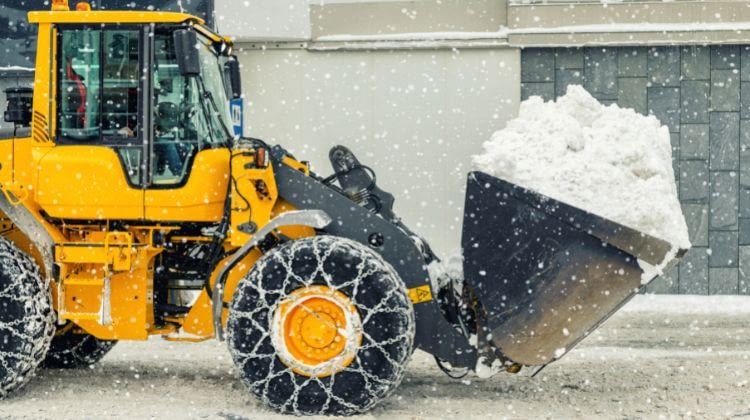
Cold weather can be hard on your heavy equipment and employees. Workplace safety is always important, but it’s even more important in extreme conditions. That’s why it’s important to prepare for the winter months ahead of time. Here are some tips on ensuring your heavy machinery runs smoothly during the cold seasons.
Weather Changes Quickly
In colder climates, the weather can quickly change. Blizzards and freezing rain can make roads extremely icy, which can make driving dangerous for everyone on the road. If your business operates a fleet of heavy equipment in these areas, you must be prepared for any potential hazards that may arise from winter weather. Consider storing your equipment indoors when not in use, if possible.
Have a Plan for Ice Accumulation on the Roads
Thick ice may accumulate on machinery as a result of snowfall, rain, or snow melt. While this is normal, it does create an increased risk for accidents when working with heavy machinery, such as excavators and bulldozers. Employees are at risk of slipping off an icy surface, which could result in serious personal injury. Perform a visual inspection of your fleet and remove any ice before work begins.
Wind Chill Is a Major Factor
When operating heavy equipment in cold-weather environments—especially during winter months—it’s important to know how wind chill can affect your equipment’s performance and whether any adjustments are necessary before heading to the job site.
Windchill can thicken lubricants, so store all of your liquids at room temperature, especially during the winter. You need to make sure your equipment is ready for cold weather so it will be safe and reliable when you need it most.
Cold weather adds another layer to common issues with heavy equipment. For example, it affects the battery’s function, so you’ll want to make sure your engine is running well. Warm up heavy equipment before you start moving. If you have an unused vehicle in storage, check the battery charge before use.
It’s Cold Outside
You should test your equipment’s performance before the winter season begins by running through a series of checks and ensuring all parts are in proper working order. If there are issues with functionality or other problems that need attention before use, take care of them now so you’re not stranded when conditions are less than ideal. The best thing you can do to prepare for cold weather is to maintain your equipment well.